This article was co-authored by Lisa Bryant, ND and by wikiHow staff writer, Danielle Blinka, MA, MPA. Dr. Lisa Bryant is Licensed Naturopathic Physician and natural medicine expert based in Portland, Oregon. She earned a Doctorate of Naturopathic Medicine from the National College of Natural Medicine in Portland, Oregon and completed her residency in Naturopathic Family Medicine there in 2014.
There are 14 references cited in this article, which can be found at the bottom of the page.
This article has been viewed 11,277 times.
Non-alcoholic fatty liver disease (NAFLD) occurs when extra fat builds up in your liver. You’re at a higher risk for fatty liver disease if you’re carrying extra body weight or have conditions like insulin resistance, diabetes, high blood pressure, and high cholesterol. The best way to treat fatty liver is to eat a healthy diet and make lifestyle changes, like maintaining a healthy weight. You might also be able to use herbal remedies. However, check with your doctor before using herbal treatments, before taking medication, and if you develop severe symptoms.
Steps
Changing Your Diet
-
1Eat a healthy diet with fresh produce, lean protein, and whole grains. A healthy diet ensures you’re getting the nutrients you need to improve your health and heal your liver. Additionally, it helps you avoid high sugar foods that can contribute to fatty liver and helps you lose weight, if necessary. Make 1/2 of your meals fresh veggies, 1/4 of your meals a lean protein, and 1/4 of your plate a complex carbohydrate. Snack on fruits, veggies, and low-fat dairy.[1]
- Lean proteins include chicken, turkey, fish, tofu, nuts, beans, meat-substitutes, and low-fat dairy.
- Complex carbs include starchy veggies and whole grains.
-
2Switch to a plant-based diet to lower your cholesterol and triglycerides. High cholesterol and triglycerides contribute to fatty liver disease and make it hard for your body to heal. Animal products contain cholesterol and contribute to high levels of bad low-density lipoprotein (LDL) cholesterol, so cutting these foods out of your diet may improve your health. Go vegetarian or incorporate more meatless meals into your diet to help lower your cholesterol and triglycerides.[2]
- Talk to your doctor about the best changes for you to make.
- Vegetarians still eat eggs and dairy. Since these also contain cholesterol, you might decide to go vegan, which means eliminating all animal products.
Advertisement -
3Avoid added sugars because they can worsen your condition. A high sugar diet results in more body fat, which can get stored in your liver. To prevent your condition from worsening, cut added sugars out of your diet and monitor how much natural sugar you eat.[3]
- For instance, don’t add sugar to your beverages and cut back on sweets.
- Track how much fruit you eat because too much natural sugar could still be a problem.
-
4Cook with garlic to help reduce your risk factors. Garlic might help reduce the stress on your liver, improve your insulin resistance, and improve your lipid profile. Add garlic to your recipes to spice up your dishes, or pick recipes that already incorporate garlic. As another option, slice or crush 1-2 garlic cloves and eat them raw.[4]
- Garlic may make you have bad breath or body odor.
- Since garlic may cause bleeding, use it sparingly if you’re on a blood thinner. Additionally, check with your doctor if you’re being treated for HIV.
-
5Drink green tea every day to protect your liver and possibly help it heal. Green tea contains antioxidants that reduce inflammation, lower the stress on your liver, and may help your liver recover. Consume a cup of green tea daily to get its benefits.[5]
- It’s best to drink green tea in the morning because it contains caffeine.
Variation: If you don’t like green tea, you might try green tea extract instead. Check with your doctor first to make sure it’s safe for you to take it.
-
6Cut alcohol out of your diet because it stresses your liver. Alcohol is processed by your liver, so it can make it hard for your liver to heal. In some cases, it may worsen your condition. Avoid drinking alcohol to help treat your fatty liver.[6]
- If you enjoy drinking, you might talk to your doctor to find out if it’s okay to occasionally have a serving of alcohol. However, you may need to stop drinking.
- Try going to a support group if you’re having trouble quitting.
Making Lifestyle Changes
-
1Lose weight if you’re overweight. Carrying extra body weight contributes to fatty liver disease, and you may not be able to improve your condition without losing weight. Talk to your doctor to find out if you need to lose weight and how much you need to lose. Then, ask your doctor if it’s safe to change your diet for weight loss.[7]
- You can also determine if you are at a healthy body weight by calculating your Body Mass Index (BMI). Do this by dividing your weight in kilograms by your height in meters squared. If it’s over 25, you’re considered overweight and may benefit from losing weight.[8]
- Use a calorie counting app like My Fitness Pal to track what you eat. Set a goal for weight loss, then document everything you eat so you lose weight.
-
2Exercise for 30 minutes 5-7 days a week to improve your health. Moderate exercise helps improve your fitness level and aids your weight loss. Choose an exercise that you enjoy so that it’s easy for you to do it every day. However, check with your doctor first to make sure you’re healthy enough for exercise.[9]
-
3Control your blood sugar if you have diabetes. Uncontrolled diabetes is a risk factor for fatty liver disease and may worsen your condition. Follow your doctor’s recommended treatment plan and monitor your blood sugar every day. Make sure you’re taking your medications or treatments correctly, and see your doctor regularly to check on your progress.[10]
- Track your blood sugar daily so you can monitor your levels.
- Don’t stop your diabetes treatment without first talking to your doctor.
Using Herbal Remedies
-
1Drink 2-3 cups of coffee daily if you already drink it. Coffee may help protect your liver from damage caused by inflammation. However, it won’t work the same way for everyone, and it’s not clear why coffee helps some people with fatty liver. If you enjoy coffee, drink 2-3 cups of coffee daily to support your liver health.[11]
- If you’re already a coffee drinker, this may help you feel better about your daily habit. However, don’t start drinking coffee just for this reason. You don’t know how the caffeine will affect you, and it’s possible the coffee won’t even provide benefits.
-
2Take vitamin E to help protect your liver from inflammation. Since vitamin E is packed with antioxidants, it may reduce inflammation in your body that’s contributing to your fatty liver disease. While it doesn’t work the same for everyone, it may help your liver start to heal. Follow the dosing instructions on the label to take vitamin E daily.[12]
- Talk to your doctor before taking vitamin E because it can be harmful to some people. It may increase your risk of life-threatening complications or prostate cancer.
-
3Use a goji berry supplement to possibly help heal and protect your liver. Goji berry, also called wolfberry, is used in traditional Chinese medicine to treat liver problems. It can help reduce lipids, may help your liver heal, and might protect your liver from further damage. While it’s generally helpful, it won’t work the same way for everyone. Try a goji berry supplement if your doctor says it’s safe.[13]
- Read the instructions on the supplement bottle and take goji berry as directed.
-
4Opt for garlic supplements to support your liver. If you don’t want to cook with garlic, you might instead take a supplement. This will help reduce the stress on your liver while also improving your insulin resistance and lipid profile. Read the instructions on the bottle and take your supplement as directed.[14]
- Check with your doctor to make sure garlic is safe for you. Garlic may cause bleeding, so a supplement may not be safe for you if you’re on a blood thinner. Additionally, garlic supplements may interact with HIV treatments.
-
5Take milk thistle to improve the health of your liver. Milk thistle is a strong anti-inflammatory and contains antioxidants that can help heal your liver. It won’t work the same way for everyone, but it might help you improve your fatty liver disease. Follow the directions on your bottle of milk thistle to get the correct dose. Take it every day to potentially see results.[15]
- Check with your doctor before you take milk thistle to make sure it’s safe for you.
-
6Use a resveratrol supplement to protect your liver from further damage. Resveratrol will reduce inflammation and stress on your liver. It may help protect against further damage, but its properties typically won’t help your liver heal. Read the instructions on your supplement label and follow them exactly to get the right dose.[16]
- Talk to your doctor to make sure that resveratrol is right for you.
- This supplement is an extract from red grapes.
When to Seek Medical Care
-
1Check with your doctor before you use herbal remedies. While herbal treatments are generally safe, they aren’t right for everyone. They may interfere with certain medical conditions and could interact with your medications. Talk to your doctor to make sure herbal remedies are safe for you.[17]
- Tell your doctor what types of remedies you want to use and that you’re trying to treat your fatty liver disease.[18]
-
2Tell your doctor before you take any medications. Your liver processes medications you take, so they affect your liver. Talk to your doctor about every medication you take, including over-the-counter medicines and supplements. They’ll help you make sure that what you take is safe for you.[19]
- Some medications may harm your health, so don’t take anything without talking to your doctor.
-
3Contact your doctor if your disease starts to worsen. Try not to worry, but your fatty liver disease may get worse. If this happens, see your doctor to make sure you’re getting the treatment you need to improve your condition. Visit your doctor if you experience the following symptoms, which are a sign your fatty liver disease is worsening:[20]
- Loss of appetite
- Weight loss
- Fatigue
- Weakness
- Fluid retention
- Bleeding
-
4Ask your doctor about controlling your cholesterol and high blood pressure. Typically, high cholesterol and high blood pressure contribute to fatty liver disease. Additionally, they can trigger other medical issues, as well. It’s important that you control your cholesterol and blood pressure to help heal your liver. Talk to your doctor about medications and other treatment options if your cholesterol and high blood pressure remain high.[21]
- In many cases, healthy lifestyle changes will help you improve your numbers. However, you might need medication to lower your high cholesterol and high blood pressure if they’re caused by your genetics.
References
- ↑ https://www.uchicagomedicine.org/forefront/gastrointestinal-articles/fatty-liver-disease-diet
- ↑ https://my.clevelandclinic.org/health/articles/17583-triglycerides--heart-health
- ↑ https://www.nytimes.com/2019/01/22/well/eat/to-fight-fatty-liver-avoid-sugary-foods-and-drinks.html
- ↑ https://www.ncbi.nlm.nih.gov/pmc/articles/PMC3924972/
- ↑ https://www.ncbi.nlm.nih.gov/pmc/articles/PMC3924972/
- ↑ https://www.hopkinsmedicine.org/health/conditions-and-diseases/nonalcoholic-fatty-liver-disease
- ↑ https://www.hopkinsmedicine.org/health/conditions-and-diseases/nonalcoholic-fatty-liver-disease
- ↑ https://www.cdc.gov/healthyweight/assessing/bmi/adult_bmi/index.html
- ↑ https://www.cdc.gov/physicalactivity/basics/adults/index.htm
- ↑ https://www.cdc.gov/diabetes/managing/manage-blood-sugar.html
- ↑ https://health.clevelandclinic.org/is-coffee-good-for-your-liver/
- ↑ https://www.ncbi.nlm.nih.gov/pmc/articles/PMC5789322/
- ↑ https://www.ncbi.nlm.nih.gov/pmc/articles/PMC3924972/
- ↑ https://www.ncbi.nlm.nih.gov/pmc/articles/PMC3924972/
- ↑ https://www.ncbi.nlm.nih.gov/pmc/articles/PMC3924972/
- ↑ https://www.ncbi.nlm.nih.gov/pmc/articles/PMC3924972/
- ↑ https://www.hopkinsmedicine.org/health/wellness-and-prevention/herbal-medicine
- ↑ https://www.hopkinsmedicine.org/health/wellness-and-prevention/herbal-medicine
- ↑ https://www.hopkinsmedicine.org/health/conditions-and-diseases/nonalcoholic-fatty-liver-disease
- ↑ https://my.clevelandclinic.org/health/diseases/15831-fatty-liver-disease
- ↑ https://www.heart.org/en/health-topics/cholesterol/prevention-and-treatment-of-high-cholesterol-hyperlipidemia
- ↑ https://www.nhlbi.nih.gov/health/educational/lose_wt/index.htm
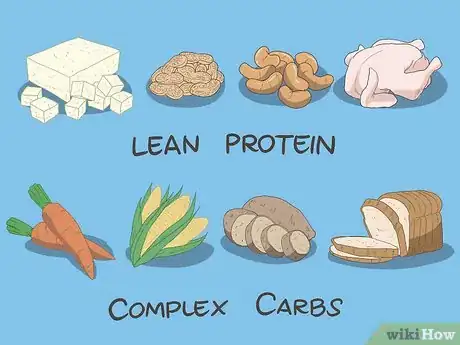
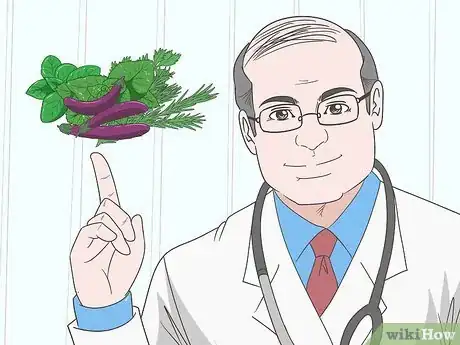
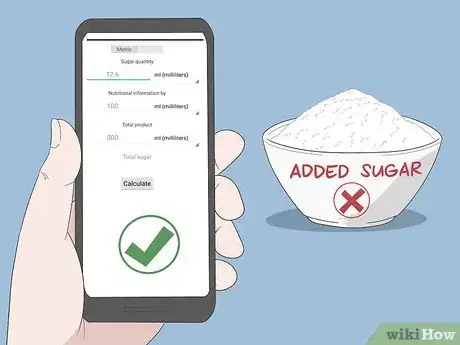
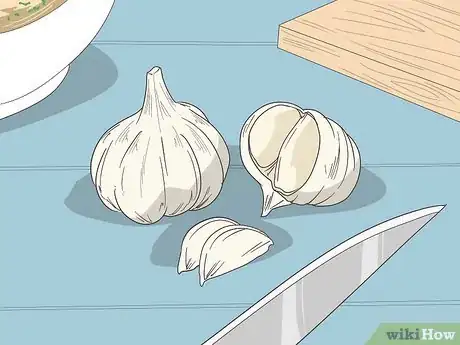

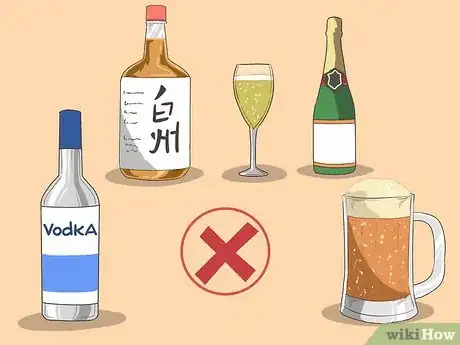
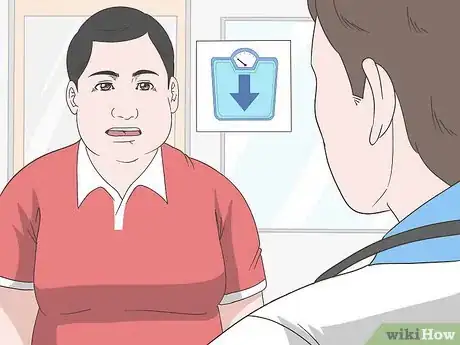
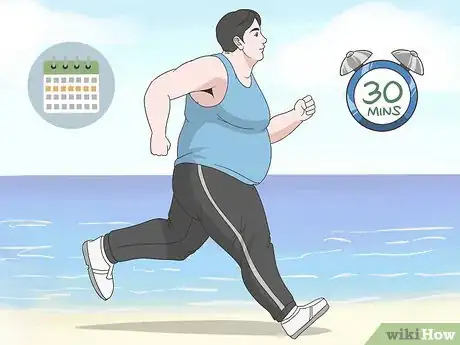
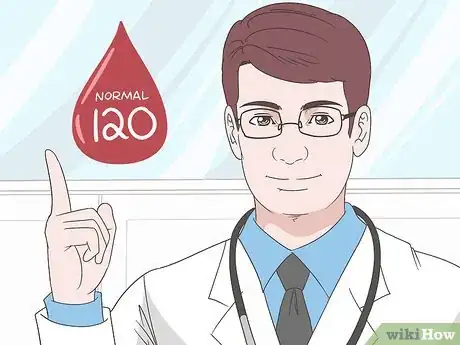
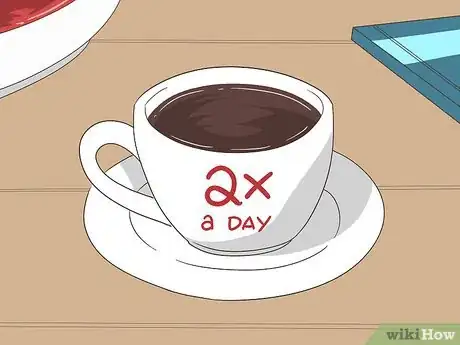
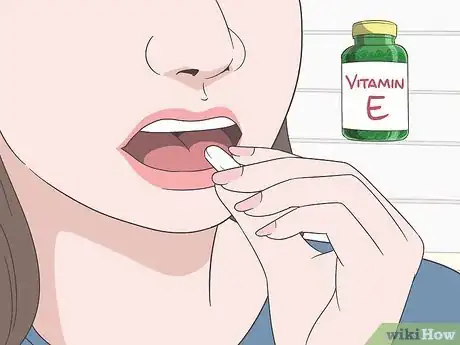

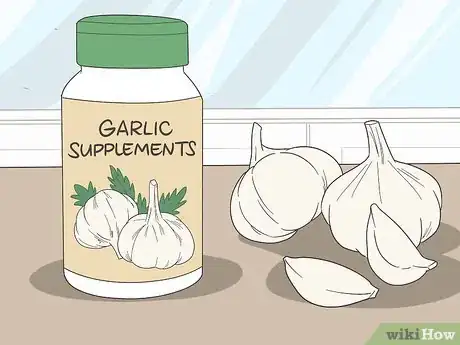
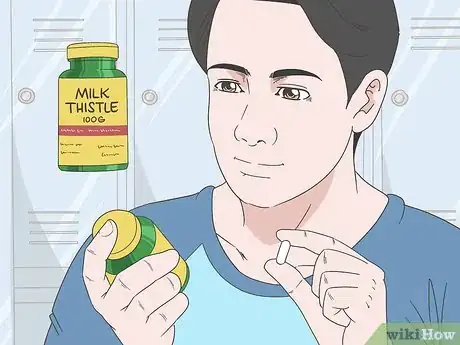
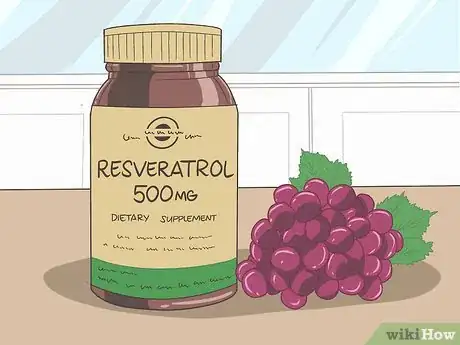
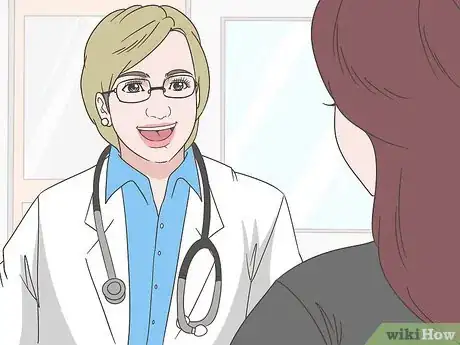
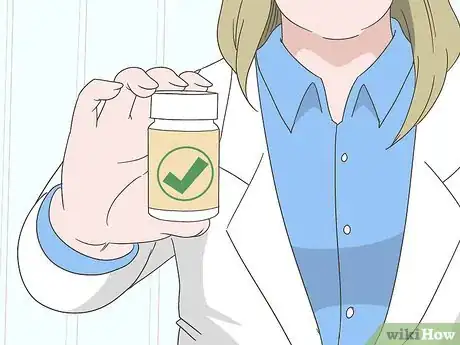
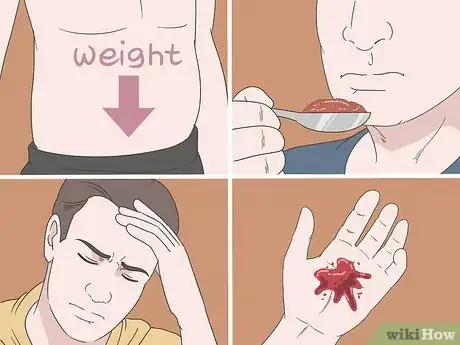
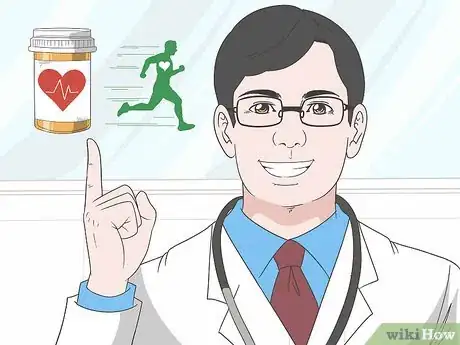
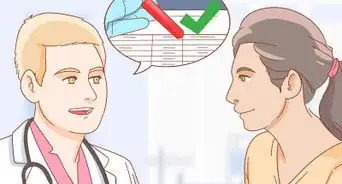
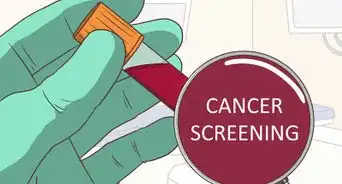
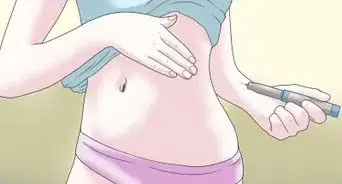
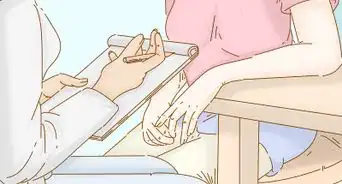


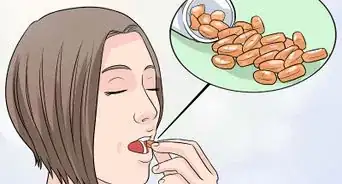
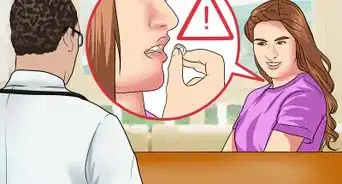

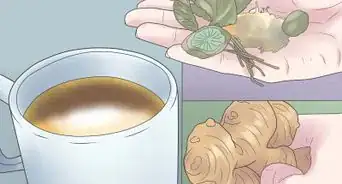

-Step-16.webp)









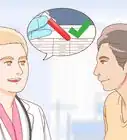
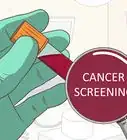






































Medical Disclaimer
The content of this article is not intended to be a substitute for professional medical advice, examination, diagnosis, or treatment. You should always contact your doctor or other qualified healthcare professional before starting, changing, or stopping any kind of health treatment.
Read More...